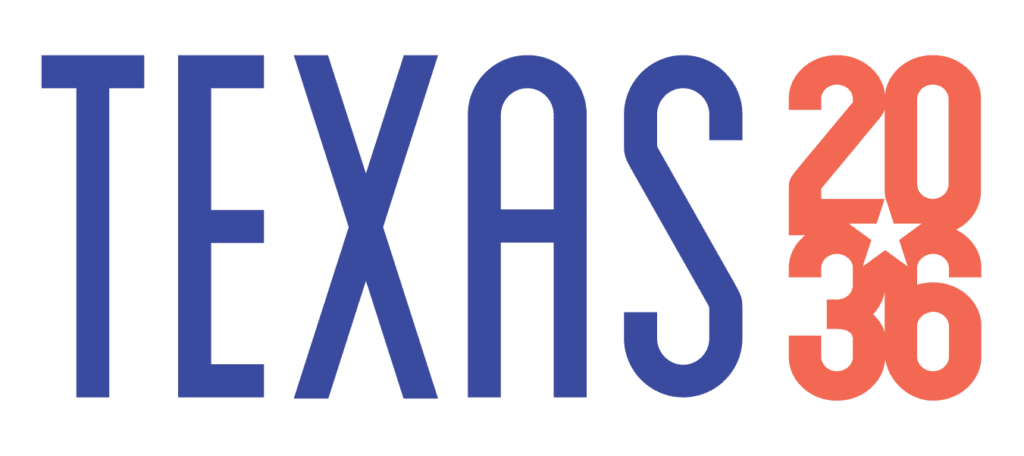The following written testimony was delivered by Texas 2036 President & CEO Margaret Spellings to the House Committee on Public Education
At Texas 2036, we understand the importance of data in decision making. This is why we made defending accountability and assessment a legislative priority for the 87th Session. Assessment results provide students, parents, educators, and policymakers with vital information about student learning, and accountability policies challenge districts and schools to meet individual student needs with effective teachers, strong curricula, options for families and students, and break-the-mold interventions for failing schools.
State assessment and accountability systems are also important tools in advancing educational equity. These tools allow us to measure and track achievement disparities among students based on income, race, and geography, among other factors. We cannot address what we do not measure, and we must care enough about these children to learn how they’re doing and take the steps to confront the challenges.
In 2019, the Texas Legislature made a historic $6.5 billion investment in public education through House Bill 3 to prioritize student needs and fund important reforms including teacher pay increases and full-day pre-kindergarten. Student assessment and school accountability play critical roles in informing decisions about resource allocation and ensuring investments are being made effectively and equitably.
This year, statewide assessments are more important than ever. Recovery from the pandemic requires understanding—in comprehensive and granular ways—where learning loss has been most acute. Further, assessments are widely supported by most Texans: our organization’s Texas Voter Poll conducted this January showed nearly 70 percent of voters support using all available tools, including standardized tests, to measure student performance and help address any possible learning loss, especially during the pandemic.
The pandemic has wreaked havoc on nearly every child’s education. Through assessments, we must take stock of how this unprecedented moment is affecting students, and we must be prepared to hold ourselves accountable for our children’s progress and success as legislators and educators decide where to apply limited resources.
By reducing testing requirements, House Bill 764, House Bill 2800, and House Bill 3668 diminish our ability to accurately diagnose achievement gaps and address identified needs. HB 764 takes it a step further allowing each district to choose from a variety of postsecondary exams which disrupts the comparability of the assessment system. Additionally, HB 3688 allows excessive accountability exemptions for campuses and eliminates vital student remediation programs.
Even pre-pandemic, Texas faced a dire situation with student performance. According to the Nation’s Report Card, 7-in-10 Texas fourth graders could not read at grade level, and 6-in-10 were not proficient in math, with wide gaps in educational attainment linked to race, ethnicity and income. Over the past decade, reading proficiency rates have improved across the U.S., but not in Texas. According to the Nation’s Report Card, between 2005 and 2019, Texas dropped from 36th to 46th among states in fourth-grade reading proficiency rates on the national assessment. Now is not the time to pull back in our efforts to improve but rather we should double down and ensure the reforms established in HB 3 are fully implemented.
